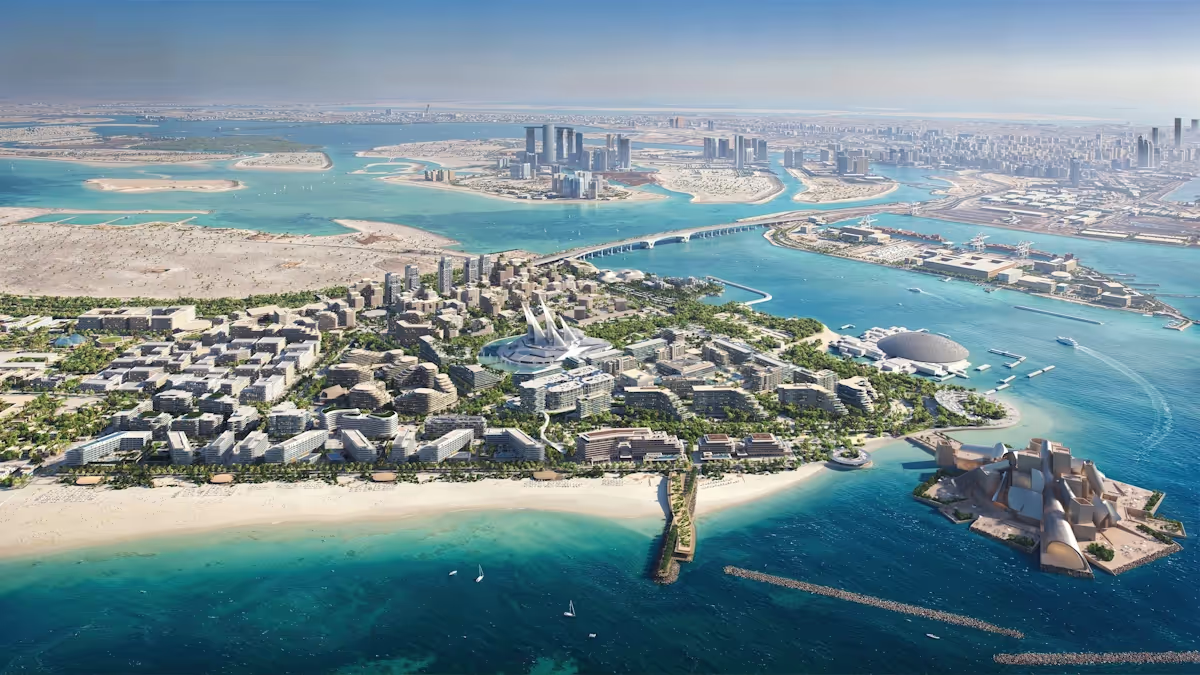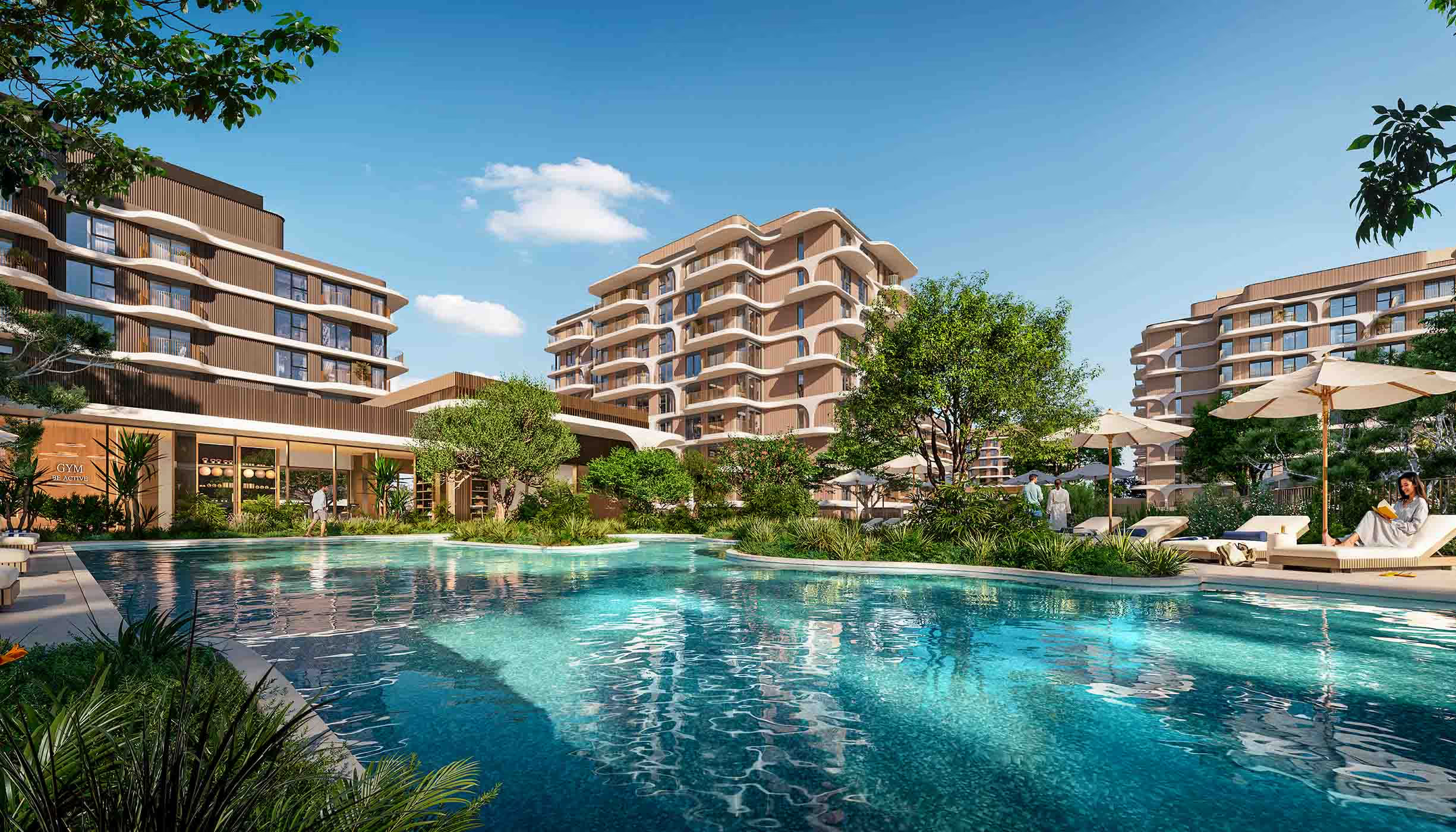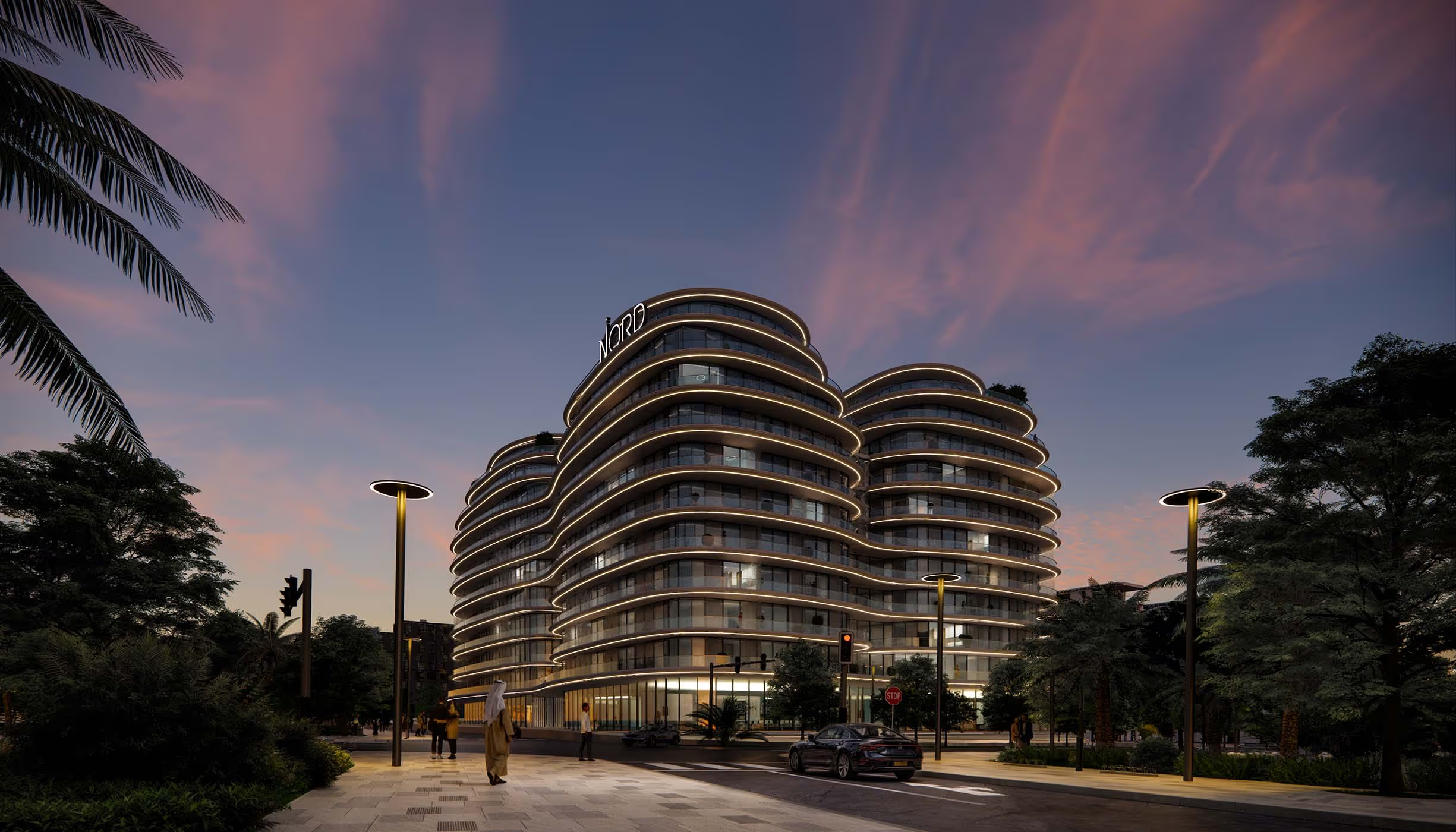5 differences between Off Plan & Secondary Real Estate Market in Abu Dhabi
Real estate market of the Emirates capital is more locally operated than Dubai's. A greater part of all the transactions is made by the Emiratis and GCC nationals, consequently, property market in Abu Dhabi is more secured against foreign outward investment.
The law, establishing additional free investment zones across the city, where non GCC-nationals are allowed to buy properties and become full-right owners has come into force previous year. This measure and new long-term visas system, launched in 2019, opens rich and diverse property market wider for overseas investors. Earlier foreigners have been primarily engaged in vacation homes leasehold. Presently, they are free to choose between the whole range of residential, commercial, industrial premises to make value-enhancing investments. Residential market in Abu Dhabi offers variety of homes as for AED 500.000 budget and for AED 90 million.
A foreigner planning to acquire property in Abu Dhabi may be interested what is better: invest in off-plan or ready estates on secondary market. Let's outline the main traits of both segments and find out their pros, inevitable cons and tips how to smooth them.
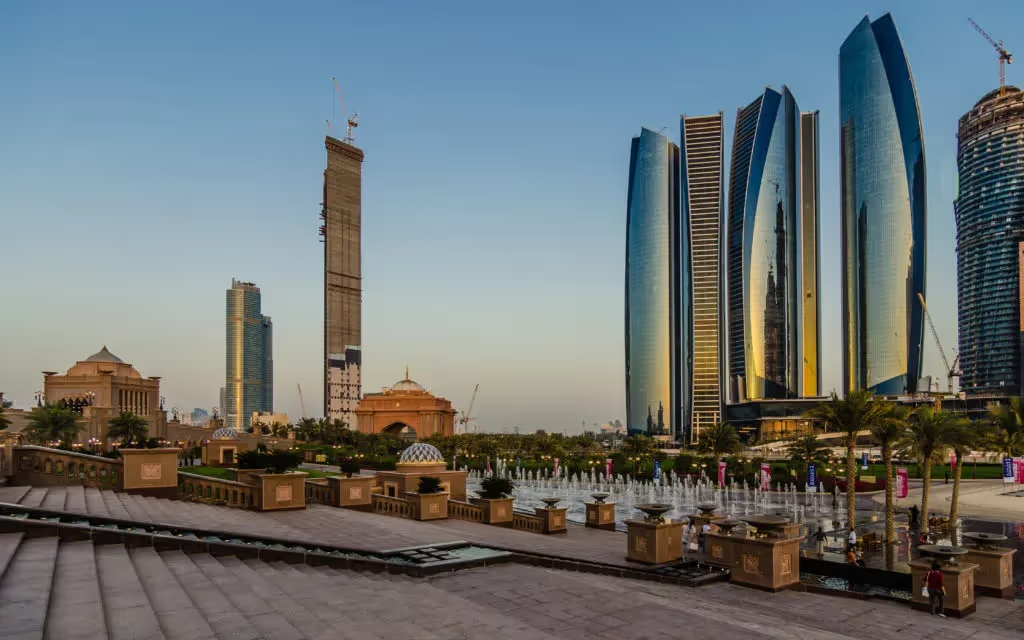
Safety
In terms of safety secondary market apparently give points to primary one. Customers actually obtain ready units and witness for themselves all its merits and demerits. Though, it is still recommended to book an independent due diligence before making final decision to avoid different kinds of unpleasant surprises.
Buying properties at the groundbreaking stage is inherent in certain risk sharing. Main fears, of course, relate to construction delays or prolongation due to circumstances of different origin. If construction process takes more time than stated in the agreement, a customer may bear losses at least in a shape of his money frozen. When agree to payment plan by installments, a smart investor should bring his future earnings into correlation with the payments and take into account possible heavy expenditures like job loss, child birth, buying a new car, education, etc. So, if the payment schedule being changed it likely causes an additional burden to one's budget.
Besides, there are force majeours. Unsurmountable circumstances, like an economic crisis, pandemic, developer's unexpected inner problems that will lead to some stages being delayed or even an entire project banned or frozen. That's exactly why prices for properties on primary market are generally lower than on secondary market.
Another point of acquiring property under construction that demands careful attention is security of payments. First, make sure, that installments are sheduled due to construction millstones, so that you pay will only for delivered parts. Second, your payments should go to escrow accounts, and not directly to the broker's or developer's. These are special trust accounts, kept by the third parties for payments security. Money is transferred to the developer only after an official confirmation of construction stage (milestone) completed is received.
For risk minimizing we advise to work with large reputable development corporations. Prices they set may exceed the values for analogous units in the same area, but delivered by small-scale companies. The trick is, big developers have more resources to combat unforeseen difficulties and overcome crisis and they include this warranty in the cost.
It is advisable to choose reliable partners whether buying off-plan or seconds: only licensed brokers, agencies and development companies. Abu Dhabi Department of Municipal Affairs issue licenses to building companies, Securities and Commodities Authority certifies brokerage companies. So, do not hesitate to check their registration number beforehand.
.avif)
Awareness
While buying completed homes the customers see a real unit and what goes with it, can track its record and calculate all the associated expenses, as utility bills, service charges and so far on the basis of the existed ones. For example, summer air-conditioning bills in the desert nation may seem surprisingly high for neophyte overseas investors. Besides, there are different options: chiller-free system, when tenants pay for electricity and use as much AC as they need and district cooling (*in certain areas), when fixed yearly demand charge and consumption charge counted by the meter of the unit are paid.
Adding to that, several tools are feasible to help secondary market buyers to pick good investments, such as price to earnings, price to sales, return on investment and more. Investors, interested in primary real estate have to rely on prospectus and word-of-mouth publicity to make decisions.
Best areas for investment in real estate market in Abu Dhabi described in this article.
.avif)
Intermediaries
Off-plan transactions are conducted personally by the customer and the developer. Development companies launch projects, process construction, run promotional programs and sell properties by themselves, excluding mediators. Normally developers start sales right after presentation of the project or later, when commencing construction works. They are prohibited to collect any additional charges, except administrative. This kind of fees may be less, but normally equal to AED 5.000.
Secondary market can't do without appointed intermediaries, active participants of any deal – brokers. That refers both to leasehold and acquiring ownership in Abu Dhabi. Broker's charge amounts to 2% and should not exceed AED 500.000.
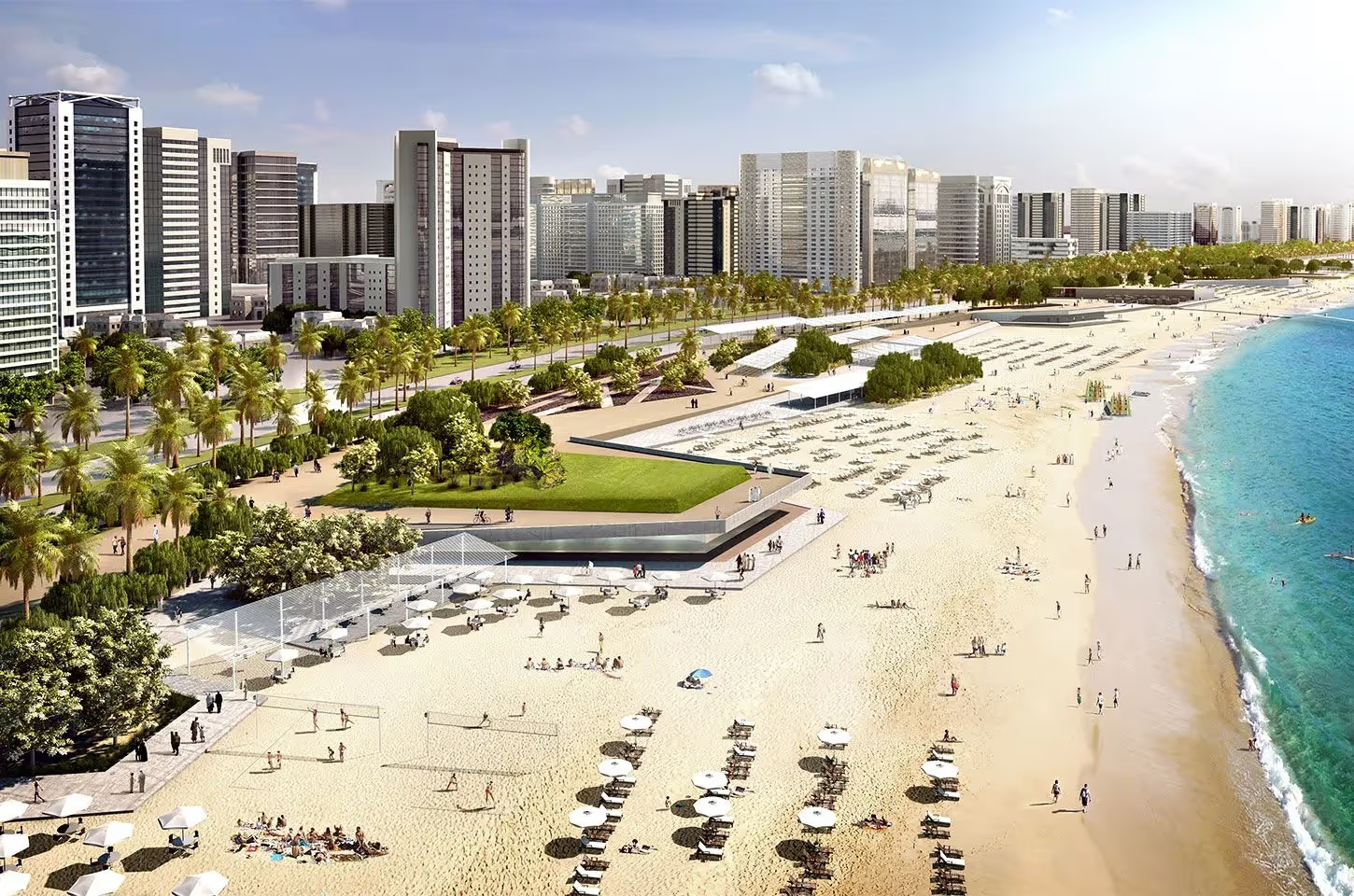
Price
Developers trade their products at a fixed price, though they can play with payment plans, extending post-handover period for final installments or reduce/waive service charges in order to gain a more apparent competitive edge.
On secondary market both buy- and sell-parties are free to offer their variant of price, may discuss it and change on mutual agreement.
Note, that officially marketed price does not include bank commission, compulsory registration fees and broker's commission.
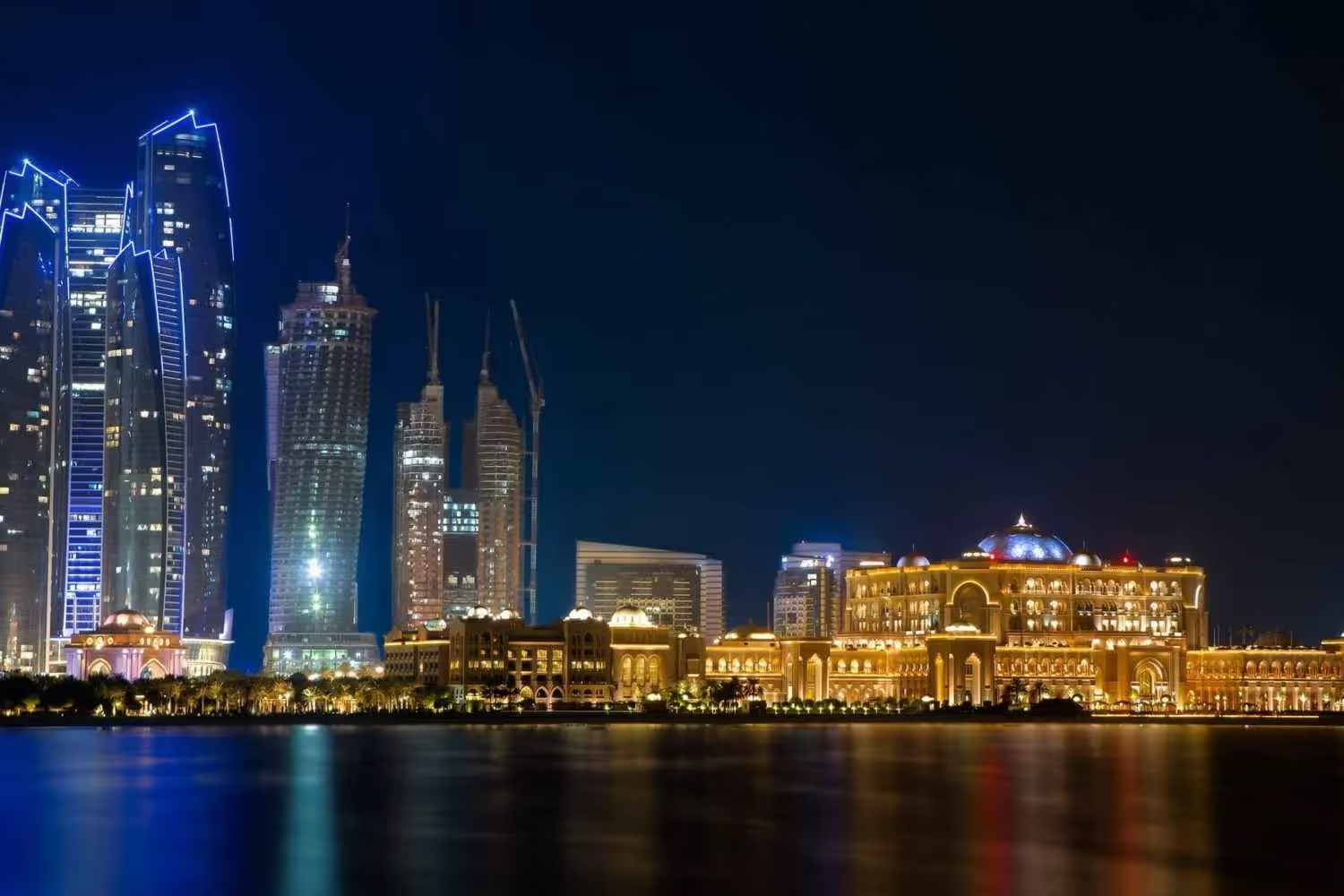
Additional costs
Overcharges in Abu Dhabi look as follows: at the initial stage of a deal customer and seller submit Memorandum of Understanding and customer should pay service fee amounted to 2% plus 5% VAT of property value to the real estate agency and 2% to Abu Dhabi Municipality.
Then value of the property is paid and customer gets an ownership certificate from the developer. Along with that an administrative fee seized at AED 5000 should be transferred to the seller. Registration fee amounts to AED 4000, if a property estimates to AED 500.000 and higher or AED 2000 when real estate value less then AED 500.000.
Bank property valuation fee ranges from 2500 to 3000 dirhams. Additional costs appear if mortgage is applied: insurance, bank mortgage establishment cost. Then goes service charge to the developer on a pro rata basis, e.g. calculated according to one's share of the whole.
About best banks for mortgage in Abu Dhabi read here.

